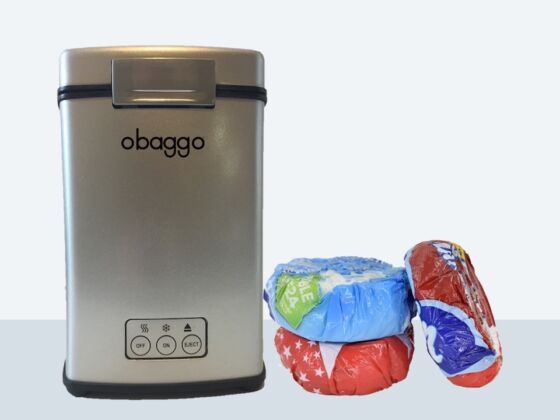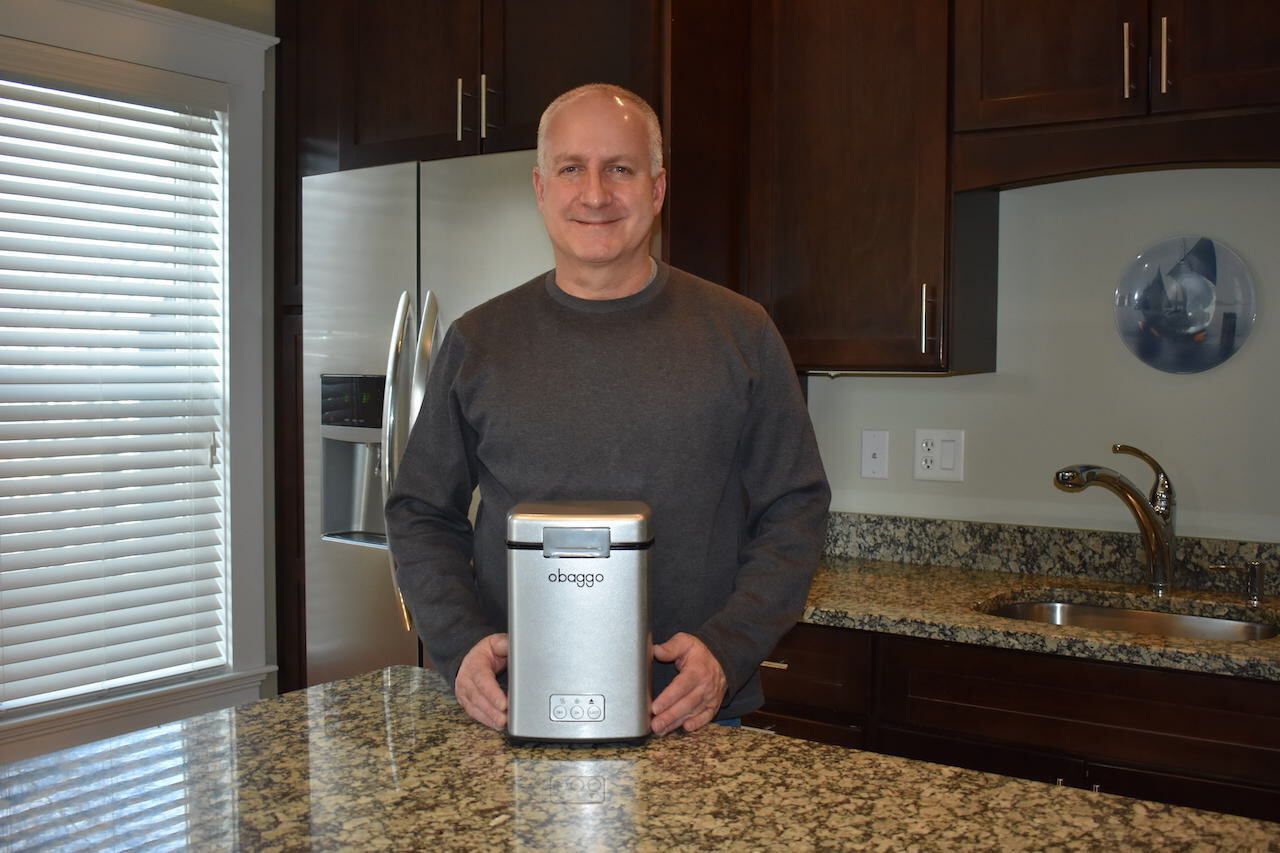This is The Climate Win, the most positive sustainability news around the world every week.
The world has a major plastic problem. More than 380 million tons of disposable plastics are produced each year, according to Plastic Oceans International, with some 95 percent ending up as waste. About 50 percent of that is single-use plastic, much of which isn’t accepted at recycling stations — because its flimsy consistency jams sorting machines, it may be a shape the machines can’t process, or the plastic isn’t high enough quality to break down into recyclable pellets. The result is hundreds of millions of tons of plastic clogging landfills and waterways worldwide.

